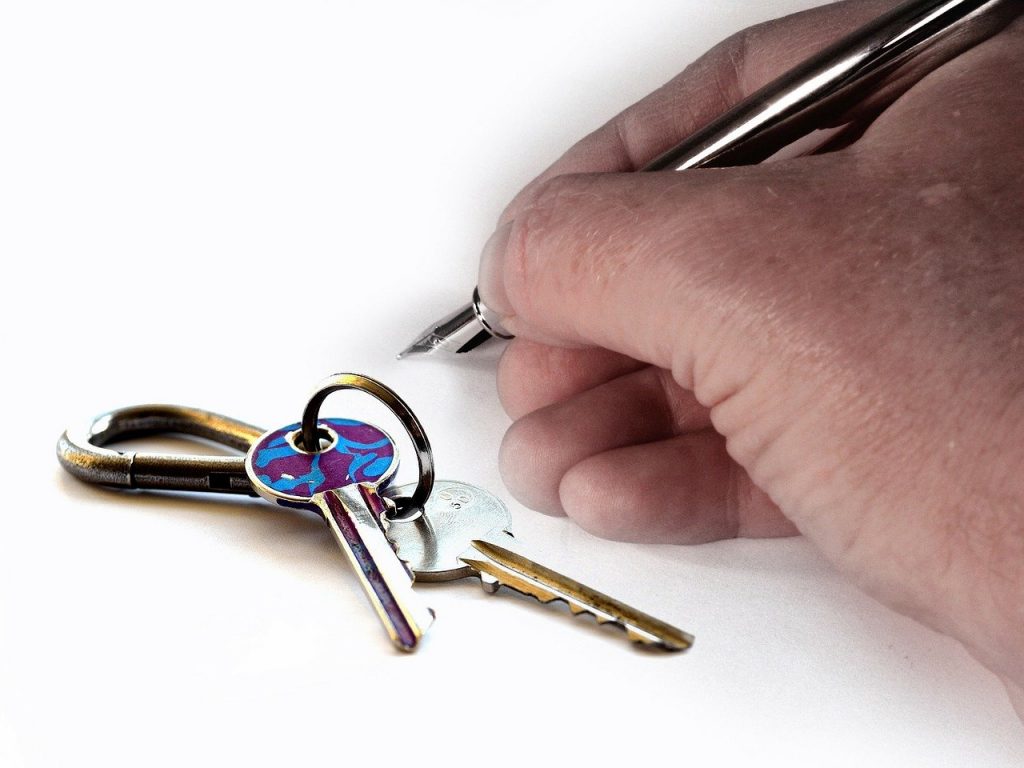Due to the special measures inflicted by the governments and general social distancing to prevent spreading of COVID-19, many businesses have found themselves losing all turnover momentarily. As many businesses operate on rented premises, tenants find themselves unable to pay rent and utilities due to loss of income themselves.
The natural reaction of a tenant would be to consider the situation a force majeure and thus refuse of fulfilment of all obligations arising from the rental agreement.
The owners on the other hand find themselves in a “not my fault” situation, as technically their possibility to fulfil the main obligation arising from the rental agreement – to provide the premises for use is not impaired. Thus, the owner’s initial reaction would be not to agree with the tenant and demand payment of rent.
How to continue?
Rental agreements are generally long term and thus intended to continue after the COVID-19 situation has been resolved. Before making hectic decision, the latter should be considered, and all efforts put to finding a mutual new solution in the changed circumstances.
- Estonian law does not provide clear grounds to refuse form payment of rent and utilities, when the tenant cannot use the premises for reasons that are not fault of the owner.
- On the other hand, if the owner remains firm in demanding payment of all rent and utilities, it is highly probable that the tenant will accumulate debt due to inability to pay.
The law obliges to act in good faith
In all legal relationships, including rental agreements, the parties must act in good faith to one another. Estonian law states that nothing arising from law, a usage or a transaction shall be applied to an obligation if it is contrary to the principle of good faith.
Therefore, the tenant´s full refusal to pay rent and utilities will most probably be considered as acting in bad faith. As will be the owners demand to pay rent and utilities in full.
Thus, the parties should try to find a new balance of obligations in the changed circumstances. Such balance could for example be a temporary agreement that the tenant pays all utilities and insurance as per the contract and the rent is lowered as much as reasonably possible.

